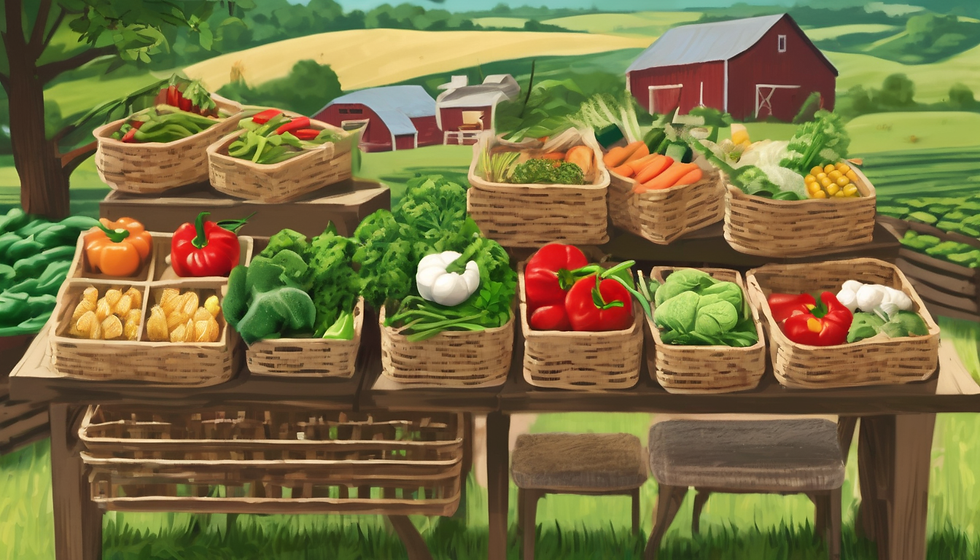
 2026 Spring Summer CSAMultiple DatesApr 18, 2026, 10:00 AM – Sep 26, 2026, 5:00 PMTacoma, 11910 28th Ave E, Tacoma, WA 98445, USA
2026 Spring Summer CSAMultiple DatesApr 18, 2026, 10:00 AM – Sep 26, 2026, 5:00 PMTacoma, 11910 28th Ave E, Tacoma, WA 98445, USA
What is a CSA?
In 1965, mothers in Japan concerned about the rise of imported food and the loss of arable land started the first CSA projects, called “Teikei.” The Teikei movement in Japan is alive and well, along with its sister movement of cooperative networks. CSAs began in the United States on two east coast farms in 1986. Since that time, CSA farms have been organized throughout the country with over 12,500 community supported farms serving farm fresh food in every state. The idea behind CSA is that of “seeing the farmer’s face on their vegetables” and shortening the supply chain to support local farmers, prioritizing environmental stewardship, and maintaining control of their local food system.
What is De La Mesa Farm's CSA all about? CSA members pay upfront for a share of the farm’s production. It’s a simple enough idea, but its impact has been profound. As part of our CSA, De La Mesa Farms sells shares of the anticipated harvest. Local community members become members and shareholders of the CSA by making a financial commitment to the farm. Each member pays a fee at the beginning of a growing season to meet some of the farm’s operating expenses for the upcoming season. Farmers provide members with baskets of delicious, fresh, locally grown vegetables, herbs, and fruit.
As a member, you share the ups and downs of the season. You share the risk as well as the bounty. Members can directly access the farm, see their food, and know how and where it is grown. Community-supported agriculture is a direct farm-to-consumer system, eliminating the middleman.
Instead of traveling hundreds or even thousands of miles to arrive at a supermarket, produce is picked up by shareholders within hours of being harvested. This provides some of the best vegetables ever tasted and also reduces the natural resources consumed in their production and delivery. And purchasing local food grown by a local farmer keeps money in the community and preserves open-space farmland as well as the farming lifestyle.
